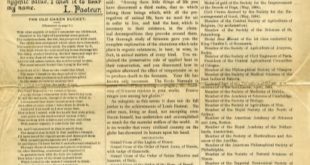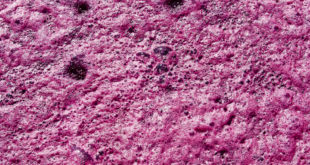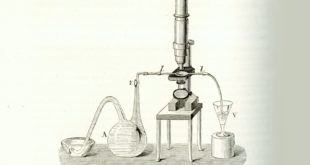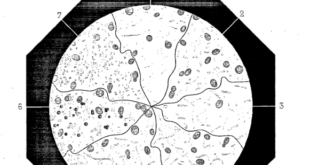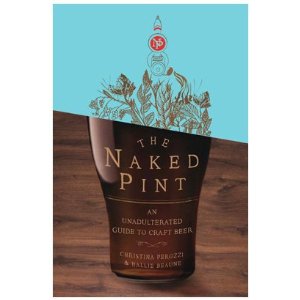
“In 1876, Louis Pasteur brought beer forward by describing the basis for fermentation that beer was fermented not by chemicals but by microorganisms–that is, yeast. He noted that bacteria, mold, and wild yeast were often responsible for the sour beer that plagued France and other countries. With this new understanding, he and other scientists began to refine techniques that could contain impurities like bacteria, and thus quality control for beer could be effectively implemented. The process of killing such bacteria and stabilizing beer would come to be known as pasteurization.
As brewers began to understand how temperature and bacteria affected their brewing process, lagers and ales could be shipped, and beer became an even bigger business. When the Industrial Revolution gave birth to improvements in road and railway transportation, and with the invention of automatic bottling, a beer could be shipped far and wide. In the 1870s, Adolphus Busch perfected a design for double walled railcars that could keep the beer cool using ice.”*
* This is an excerpt from The Naked Pint: An Unadulterated Guide to Craft Beer
 Pasteur Brewing Louis Pasteur – Science, Health, and Brewing
Pasteur Brewing Louis Pasteur – Science, Health, and Brewing 